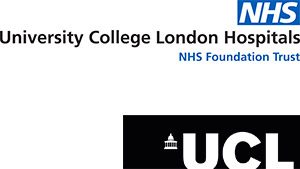Early Detection
When found early, cancer is more likely to be treated successfully and the chance of survival is greater.
Screening helps find cancers earlier. At the moment, the NHS has screening programmes for breast and cervical cancer for women, and bowel cancer for men and women. These programmes use tests to look for early signs of cancer so that it can be treated more successfully.
Currently, many cancers are diagnosed at later stages, when survival rates are lower. Our aim is to detect cancer early, to increase survival rates.
One-Year Net Survival (%) by Stage, Adults Aged 15-99, England
Cancer Research UK, cruk.org/cancerstats, Accessed October 2018
Survival rates are only estimates and cannot predict what will happen to an individual.
Many types of cancer, including lung cancer, do not have routine screening and are still being found in later stages, when treatment options are more limited and less successful. Our hope is that the SUMMIT Study will help develop a blood test that detects multiple types of cancer early, so that more people can live longer, healthier lives. SUMMIT also aims to collect information on how to implement a lung cancer screening programme for people at high-risk in the UK. Learn more about lung cancer screening.
Blood Test for Early Cancer Detection
The blood test that the SUMMIT Study will help support is being developed by GRAIL, Inc., a US-based healthcare company with a mission to detect cancer early, when it can be cured.
GRAIL is developing a blood test for early cancer detection using cutting-edge technology. These tests look for small pieces of genomic material, such as DNA and RNA, in a blood sample. These pieces of genomic information, called cell-free nucleic acids (cfNAs), may indicate the presence of cancer in a person. Before such a test can be used by doctors to screen people for cancer and direct their medical care, it must be evaluated through clinical research.
The SUMMIT Study will involve 25,000 Londoners to hopefully help improve how we screen for cancer.



